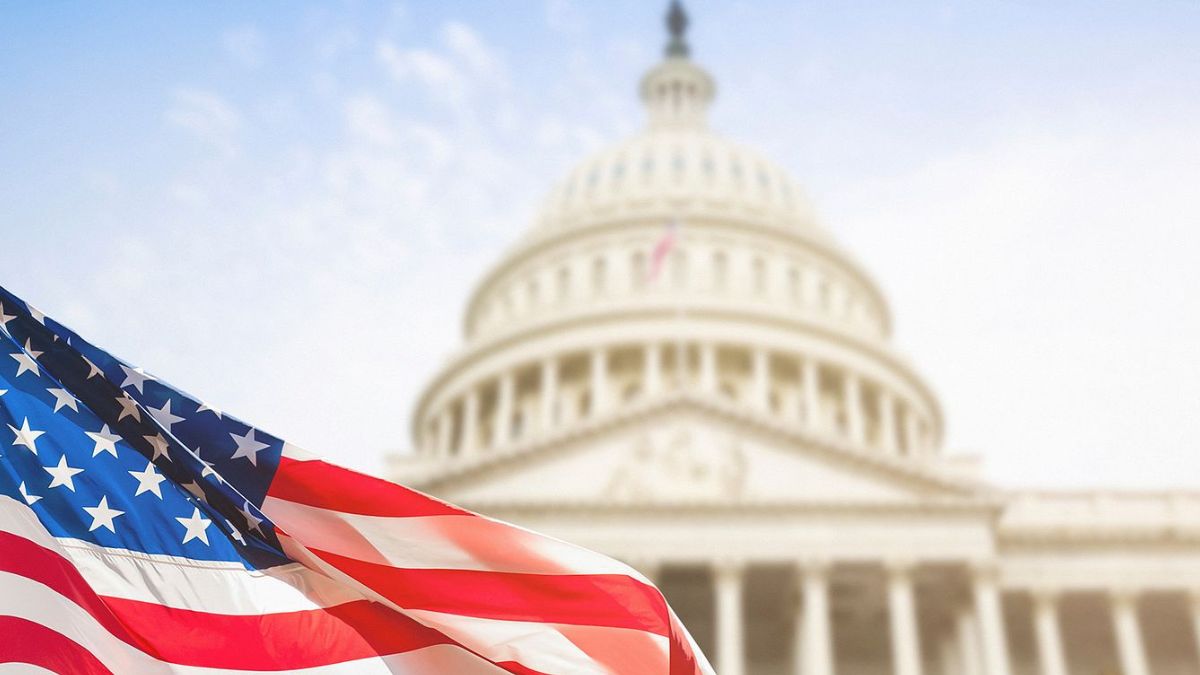In a recent address at a UN Security Council Arria-formula Meeting on Artificial Intelligence and its Impact on Hate Speech, Disinformation, and Misinformation, Ambassador Chris Lu, the Representative for UN Management and Reform, highlighted the United States’ commitment to harnessing the potential of artificial intelligence to tackle global challenges.
Lu expressed the acknowledgment of AI’s risks to national security, public safety, democracy, civil rights, and human rights, emphasizing the growing difficulty in distinguishing between real and AI-generated content.
The ambassador outlined the potential misuse of AI in facilitating crimes such as harassment, extortion, intellectual property infringement, and fraud.
He also stressed the technology’s role in exacerbating issues like disinformation, racist stereotypes, and gender-based violence, particularly through ‘deep fake’ images or videos.
Addressing concerns about hate speech, misinformation, and disinformation, Lu emphasized the U.S. government’s commitment to freedom of expression while recognizing the need for a robust strategy.
He outlined the approach, including reaching out to affected communities, conflict resolution services, and proactive measures against discrimination or violence resulting from hateful expression.
Lu cautioned against resorting to restrictive laws on Internet governance, advocating for a balance that avoids stifling innovation, censoring activists, and repressing human rights.
He argued that government actions should protect freedom of opinion and expression, emphasizing the importance of maintaining an open and free Internet.
President Biden’s recent actions on AI were highlighted, citing voluntary commitments from AI companies and the signing of a comprehensive Executive Order earlier in the year.
Lu stressed the necessity for greater international collaboration to ensure responsible AI design, development, deployment, and usage.
To further this collaboration, the United States proposed a resolution in the General Assembly, aimed at advancing the international conversation on leveraging AI for sustainable development while managing associated risks.
The resolution aligns with the principles and values of the UN Charter and the Universal Declaration of Human Rights, outlining key principles to promote safe, secure, and trustworthy AI systems.
Ambassador Lu concluded by expressing the United States’ anticipation of engaging with the international community on the proposed resolution, aiming to address the opportunities and challenges presented by artificial intelligence on a global scale.



